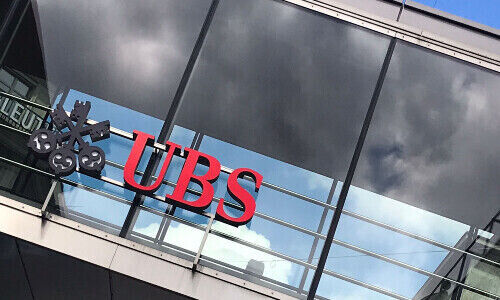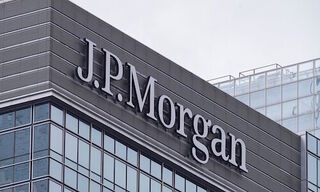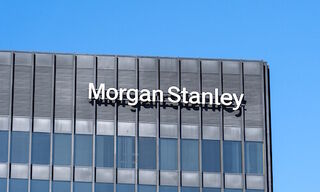UBS can't grow fast enough for newly onboarded financial investor Cevian. Meanwhile, two other major shareholders are now expressing concerns about the size of the new megabank in Switzerland.
The program for integrating Credit Suisse is in place, and UBS will start acquiring the clients and legal units of the crisis-hit bank over the next few months. But the company’s major shareholders are now flexing their muscles.
Shareholder representative Ethos Foundation expressed its concerns, according to a report by news agency «Reuters». The even larger banking behemoth could influence regulation in the country and undermine Switzerland’s ability to rein in banks’ risk-taking, the Western Switzerland-based organization says. Ethos advises investors who collectively own up to 5 percent of all UBS shares.
Danger to Smooth Running
That is not all. Another investor, apparently one of the bank’s top ten shareholders, also voiced unease on condition of anonymity.
According to the report, the professional investor fears a conflict may arise between UBS and the Swiss authorities and lawmakers over the bank’s size. Such a dispute could hamper the smooth running of the institution.
High Hopes
In fact, an evaluation commissioned by the Federal Council on the «new» UBS and expected to be published in April is already causing nervousness. Finance Minister Karin Keller-Sutter recently said that the primary goal of bank regulation was to protect the state and taxpayers.
While Ethos and Co. may be expressing concerns in this regard, the big bank cannot grow quickly enough for Cevian. The Swedish financial investor acquired UBS shares worth around 1.2 billion euros last December and expressed high hopes when it stepped onboard. Cevian thinks the major bank could double its stock price to 50 Swiss francs within a reasonable period.
Just Minimal Risks?
Among major shareholders, this has produced a tug-of-war between these parties – another focal point that the bank management, already busy with the Credit Suisse integration, has to grapple with.
UBS has already commented on the report. The bank believes the focus on its balance sheet is misleading. About 20 percent of total assets are highly liquid, while 15 percent are mortgages for retail clients and wealthy private clients, which would only pose very low risks.


























